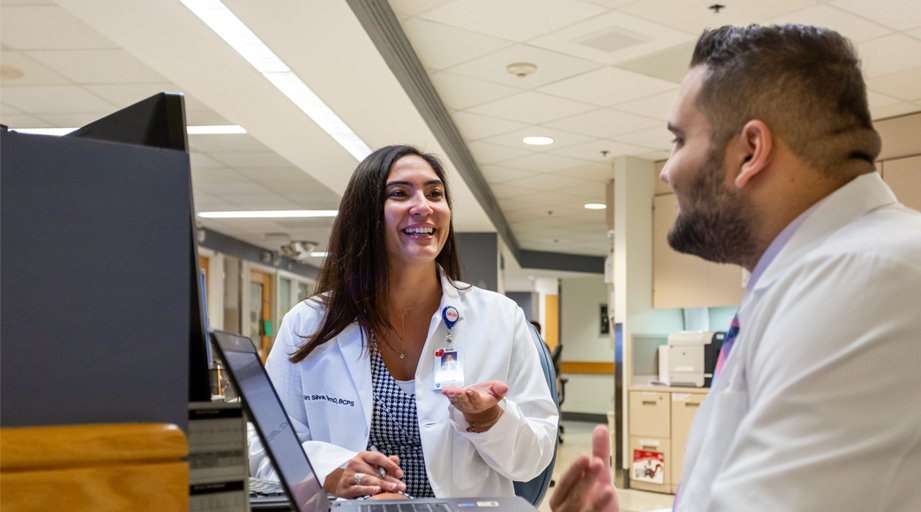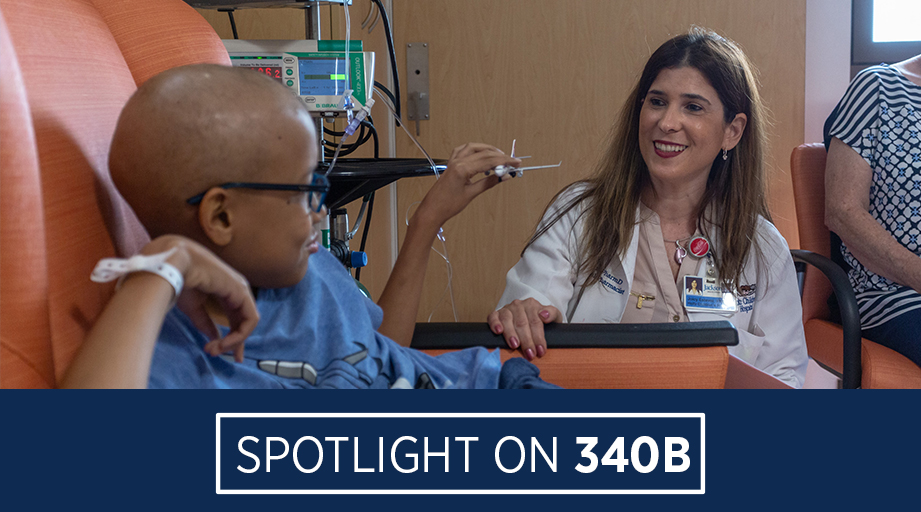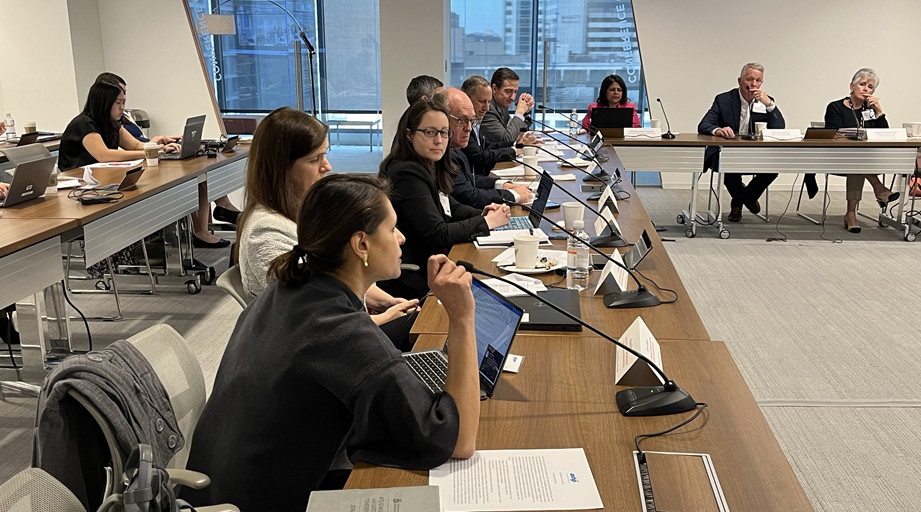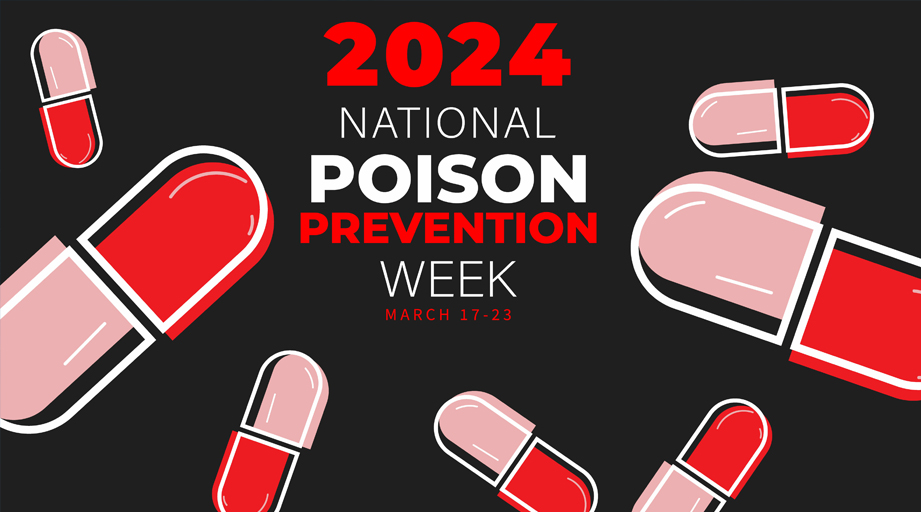
A pharmacist-driven antimicrobial stewardship program is helping Mary Lanning Healthcare in Hastings, Nebraska, dramatically cut Clostridioides difficile infections and improve the appropriate use of antimicrobials.
Before the stewardship program was implemented, the hospital’s general C. difficile infection diagnosis rate was 3.21 cases per 1,000 patient days, with a hospital-acquired C. difficile infection rate of 0.83 cases per 1,000 patient days. Two years after the program’s launch, the rates had declined significantly to 2.23 and 0.53 cases per 1,000 patient days, respectively.
“We try to improve antibiotic use all the time, day by day. But you never really know in the moment what impact you’re really having,” said Justin Lane, the hospital’s antimicrobial stewardship pharmacist. “To actually see a firm outcome of reduced C. diff rates ... was very reassuring.”
He said the reduction was likely driven by the stewardship program’s priority of reducing the use of broad-spectrum antimicrobials that are associated with C. difficile infection. And he emphasized that the hospital’s infection prevention, environmental services, and microbiology staff also played critical roles in the effort.
“It’s kind of a village approach,” Lane said.
The stewardship program’s initial findings were presented during an October 4 poster session at the Infectious Diseases Society of America’s IDWeek 2019 conference in Washington, D.C.
Lane said the latest data on C. difficile infection rates are consistent with the original findings.
Another important improvement during the stewardship program’s first two years is the nearly 30 percent reduction in the hospital’s use of carbapenems and fluoroquinolones, measured in days of therapy per 1,000 patient days.
Lane uses Pharmacy OneSource’s Sentri7 clinical surveillance system to manage data and run daily reports that guide his recommendations.
“This is where the bulk of our interventions come from,” he said. “We review all patients that have cultures that turn positive. We review all patients on broad-spectrum antibiotics.”
Mary Lanning Healthcare is a rural referral center for nearby communities in Nebraska and Kansas. The organization was founded a century ago as Mary Lanning Memorial Hospital and is the only hospital in Adams County, which is home to about 31,500 people.
The hospital has a 10-bed intensive care unit and provides a variety of services, including behavioral health, neurology, oncology, respiratory therapy, and orthopedics.
Lane said the hospital has a daily census of about 70 patients who are receiving care for a variety of conditions.
“We see a little bit of everything,” he said. As new hospital services are added, he said, “the challenges continue to evolve, and that gets passed on to antibiotic stewardship as well.”
The stewardship program is managed by the hospital’s sole infectious diseases (ID) physician, with daily operations conducted by Lane, who joined the hospital’s staff in 2016. He became the organization’s first-ever antimicrobial stewardship pharmacist the next year.
Lane said he practices “handshake stewardship” by rounding with other healthcare providers and recommending interventions in person.
“If you just put a note in the chart, that might not get looked at, or you may not get the full story,” he explained. “If you can make that face-to-face connection with the providers, you can talk about the patients with them and kind of come up with more of a mutual decision.”
Clinicians accepted 94 percent of the stewardship program’s recommendations from November 2017 through March 2019.
Lane said the hospital tracks its monthly antimicrobial use as well as rates of infection with multidrug-resistant organisms and C. difficile. Lane also reviews stewardship targets, meets several times weekly with the ID physician to discuss interventions and patient cases, monitors culture test results, and tracks patients who are receiving nephrotoxic antimicrobials or fluoroquinolones or who are candidates for intravenous to oral therapy conversion.
Lane and the ID physician also meet regularly with the hospital’s microbiology, infection prevention, and hospitalist staff to review outcomes and develop institutional interventions.
Lane acknowledged that the hospital’s simple physician–pharmacist stewardship team model can be a challenge in rural areas that lack ID-trained specialists.
“One of our biggest drawbacks is that we only have one infectious disease physician,” Lane said. “At a big urban facility, they might have several.”
Nevertheless, he said, the program is expanding, including a new focus on improving penicillin allergy assessments.
“We’ve created an algorithm of when it’s safe to use similar antibiotics, such as cephalosporins,” Lane said. “We’ve created a beta-lactam graded challenge order set. So if patients have severe penicillin allergy and we want to test them with cephalosporins, we can actually get small doses and kind of escalate it slowly to make sure that they tolerate it.”
The hospital is also working to implement penicillin skin testing this year.
“We don’t have a dedicated allergist team onsite. So then the question becomes, ‘Who will give the penicillin skin testing?’ We haven’t quite ironed out all these details,” Lane said. “But ... I’m planning on getting trained.”
Visit ASHP’s antimicrobial stewardship and infectious diseases resource centers for information and tools to help guide antimicrobial stewardship activities.
[This news story appears in the April 15, 2020, issue of AJHP.]








